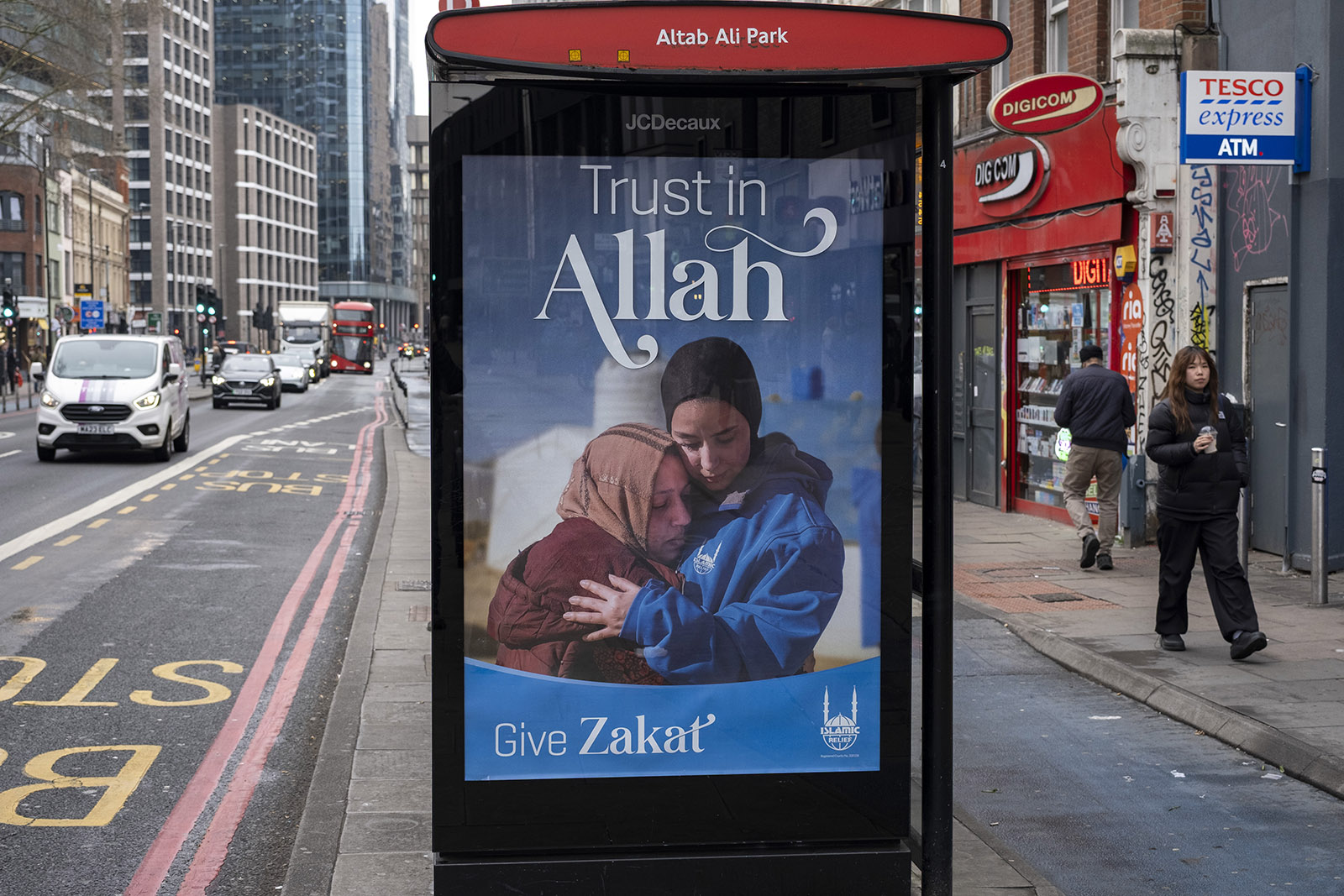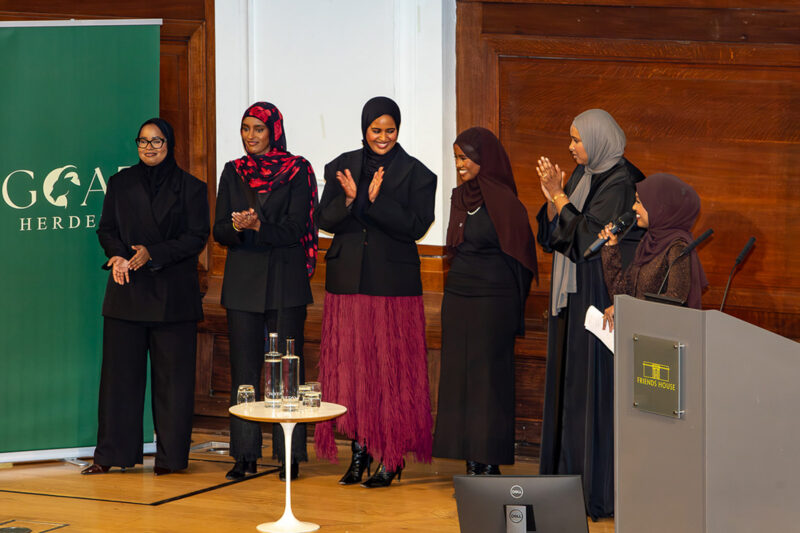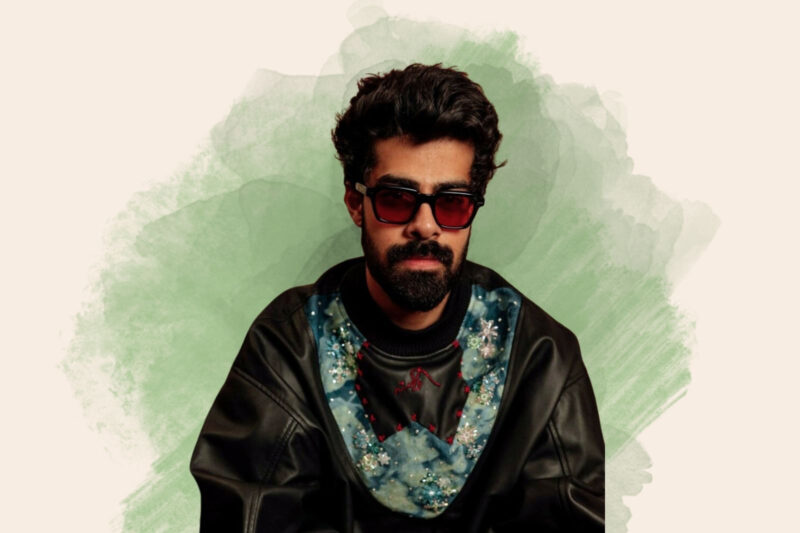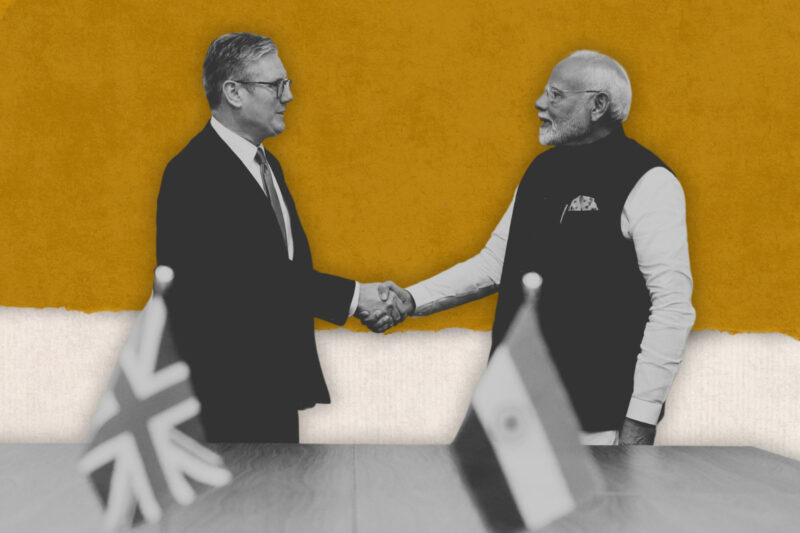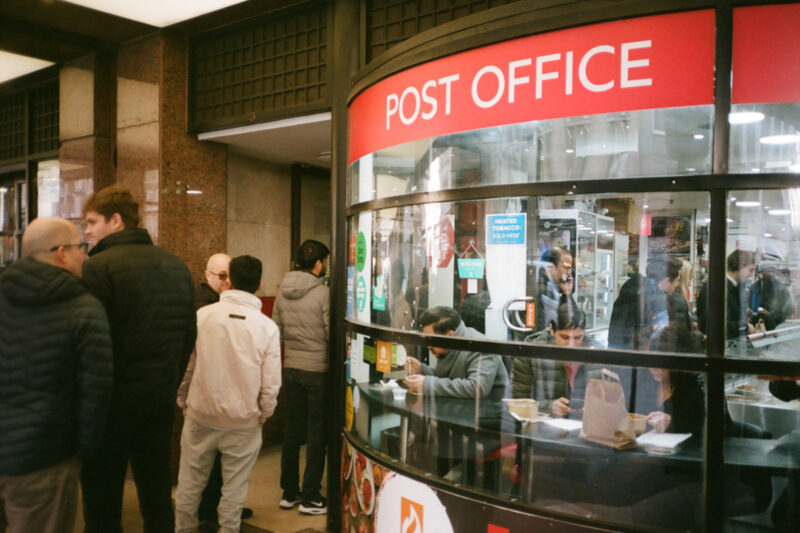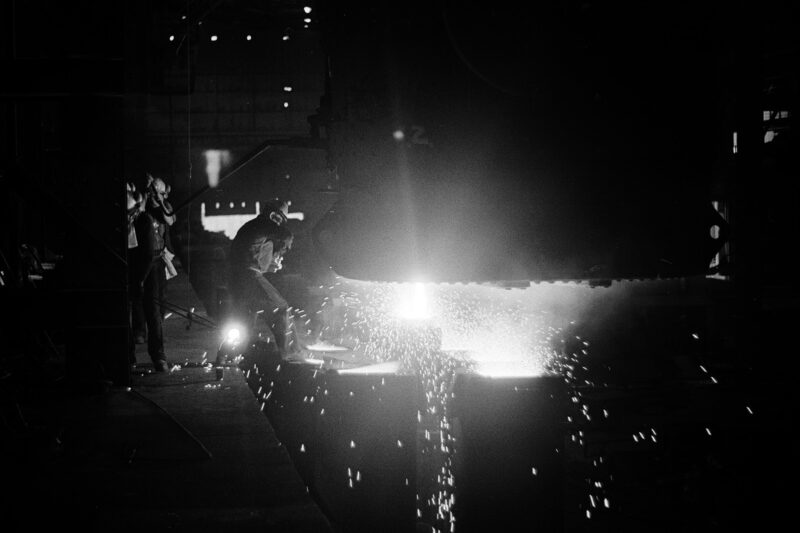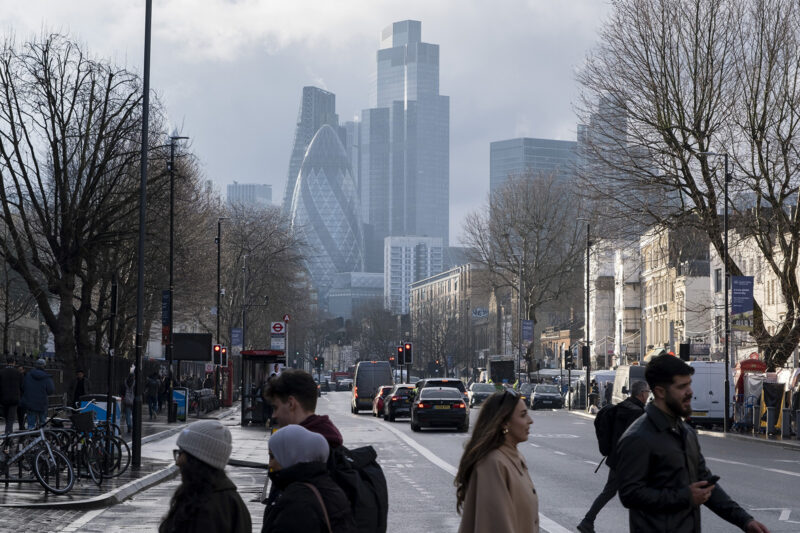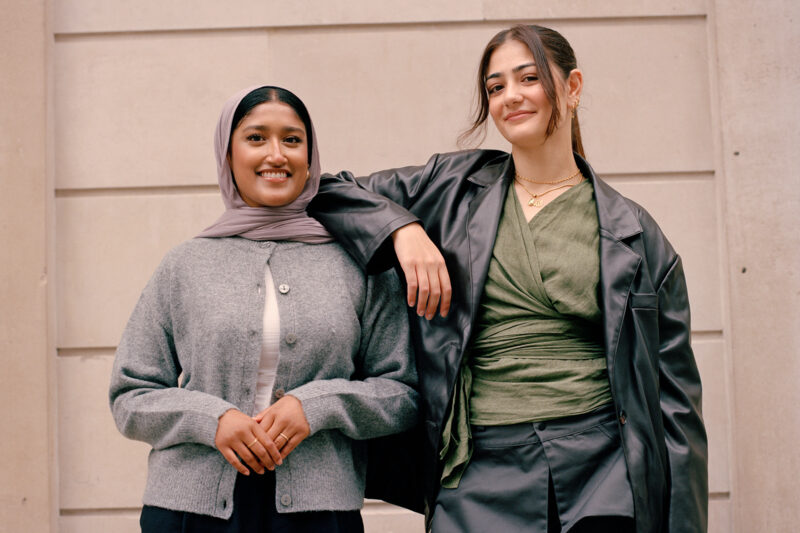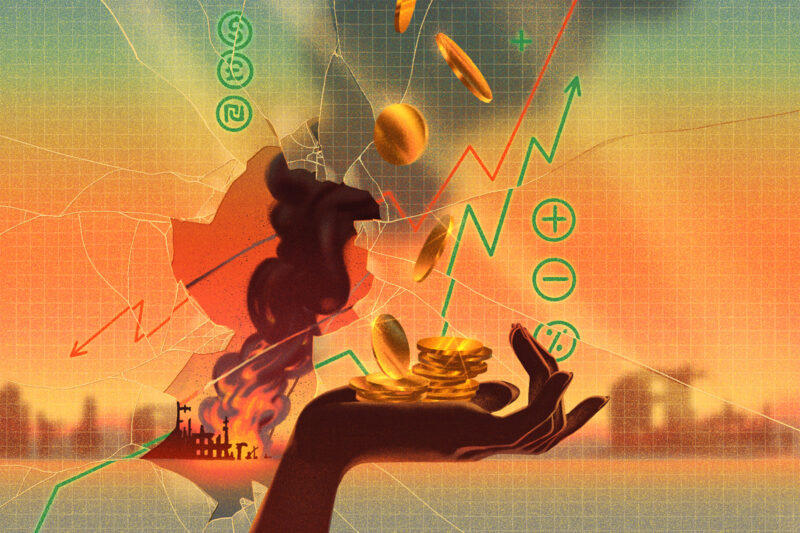Global halal sector grows 5.5% year-on-year to £1.77tn
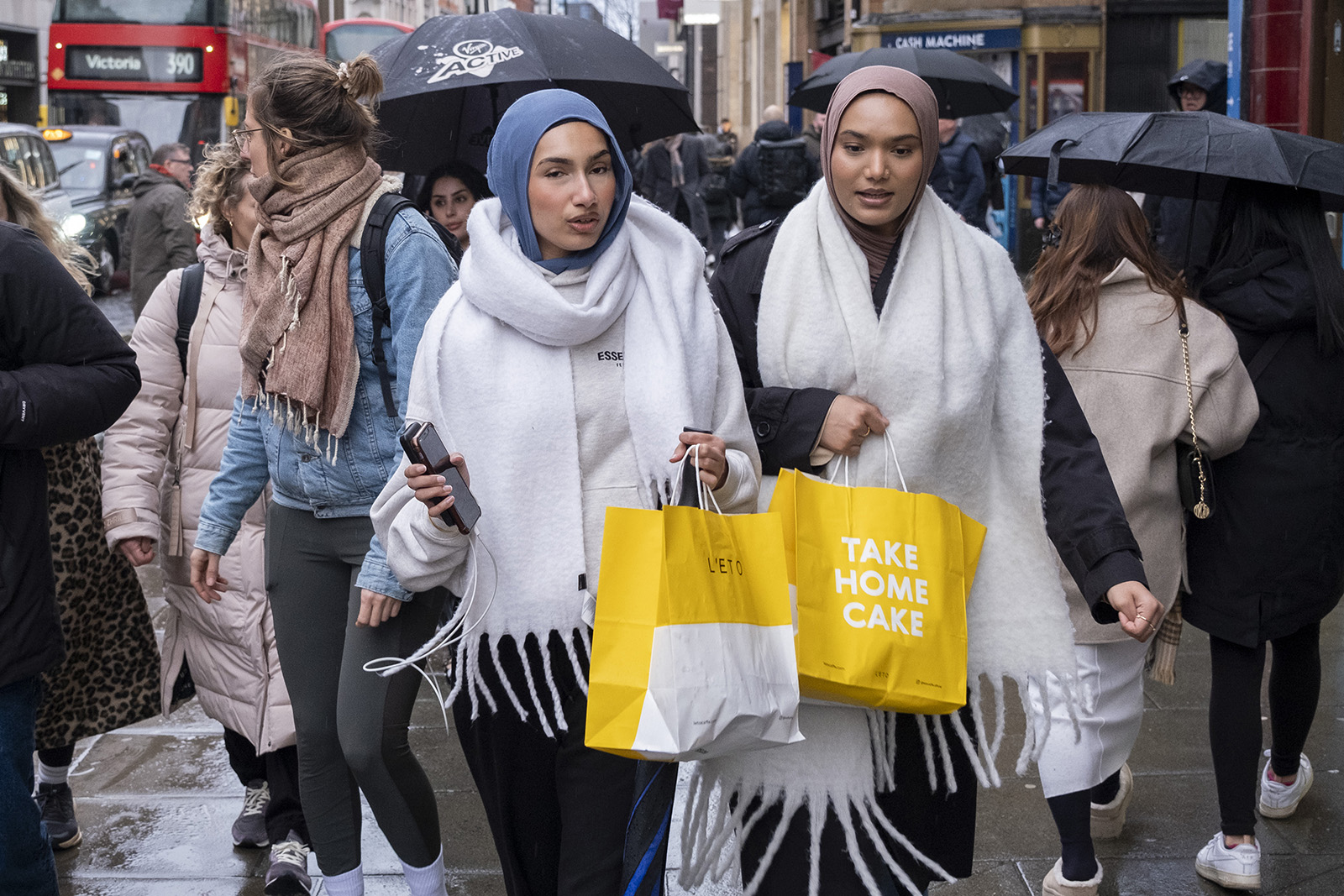
Dinar Standard’s State of the Global Islamic Economy report also focuses on Muslim consumers’ growing interest in ‘ethical’ products
Muslims around the world spent the equivalent of £1.77tn on halal goods and services in 2023, contributing to 5.5% annual growth of the sector.
The figure appears in the latest State of the Global Islamic Economy report by Dinar Standard, a research and management firm specialising in global Islamic finance. It values global Islamic-finance assets at £3.6tn, marking a 9.2% growth from 2022, noting that the global Islamic economy continued to grow despite inflation and supply chain problems caused by conflicts around the world.
The UK is ranked 14th by the report’s Global Islamic Economy Indicator Score — up one from 15th in the 2023/24 report, displacing South Africa — while Malaysia remains top. The score takes into account the relative sizes of six sectors within the Islamic economy — Islamic finance, halal food, Muslim-friendly travel, modest clothing, media and recreation, and halal pharmaceuticals and cosmetics — as well as factors such as the quality of regulation and how well they promote themselves.
A separate focus of this year’s report is the growing interest of Muslim consumers in “ethical consumerism” from 2024 onwards, which the report attributes to Israel’s attacks on Gaza and increased scrutiny of large international corporations.
Nestlé, McDonald’s and Coca-Cola all saw a decrease in sales following anti-Israeli boycotts in the months after Israel began its bombardment of the strip. Conversely, many small and domestic companies, especially in the Middle East, were able to market alternatives.
This trend was particularly notable in the beverage sector, where Coca-Cola and Pepsi saw their previously growing sales in Muslim-majority countries stagnate or shrink, according to the report, while a plethora of alternative brands, such as the Egyptian V7 or Pakistani Cola Next, saw an increase in demand.
According to Reuters, V7 exported three times as many bottles of its soft drink to Middle Eastern countries in 2024 than in the previous year.
Among the key alternative brands listed by the report is the UK-based Gaza Cola, launched by Osama Qashoo — film-maker and founder of London’s Palestine House cultural centre — to raise money to rebuild al Karama hospital in northern Gaza.
“Gaza Cola was conceived from a need to offer people a choice — a choice that championed life opposed to death,” Qashoo previously said in a mission statement. “The global success of Gaza Cola took me by surprise.”
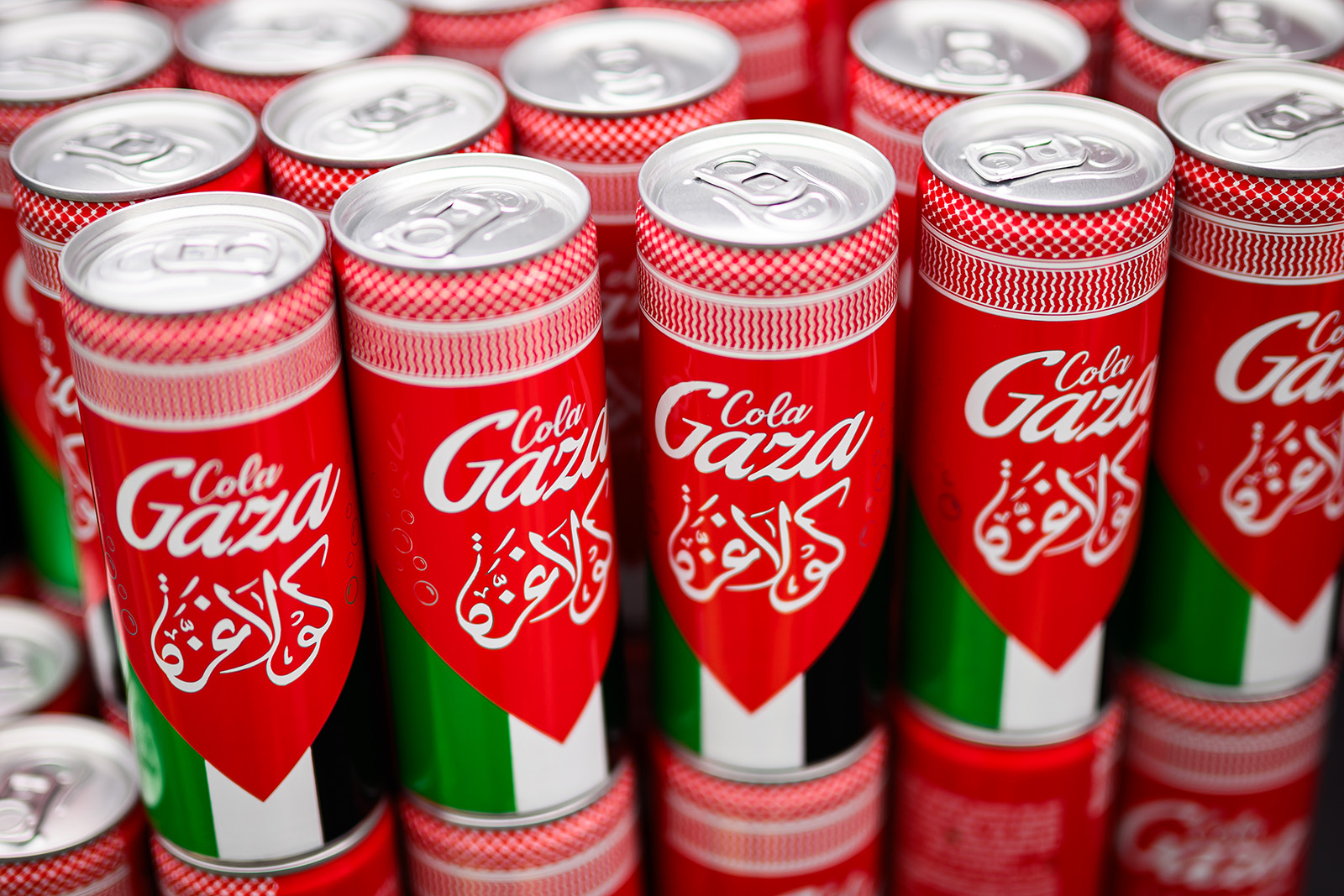
The brand was launched in 2024 and had sold more than half a million cans by the end of the year. It has also gained international recognition, with an Italian supermarket chain, Coop Alleanza 3.0, beginning to stock the product.
The chain said in a statement that it could not “remain indifferent to the violence underway in the Gaza Strip”, announcing that alongside stocking Gaza Cola the Coop Alleanza shops would also stop stocking Israeli products.
However, according to the report, the ethical concerns of Muslim consumers are not limited to the war in Gaza — and nor do brands that work to meet Islamic standards solely appeal to Muslim shoppers.
“Many Islamic values underlying various sectors of the Islamic economy have a wider appeal, resonating with universal principles such as sustainability and ethical consumption. Halal products are increasingly associated with food safety, hygiene, and health,” the report states, pointing to brands such as the India-based vegan and halal brand Iba Cosmetics, which “successfully attracts both Muslim and non-Muslim consumers” by harnessing the “universal ethical consumer trend”.
Although cosmetics currently account for only 6.3% of the global Islamic economy, Dinar Standard predicts that the crossover appeal of halal make-up and growing spending by younger consumers on ethical brands will contribute to the growth of the sector. The firm predicts that Muslims will spend more than £86bn on cosmetics by the end of 2028.
 Newsletter
Newsletter


